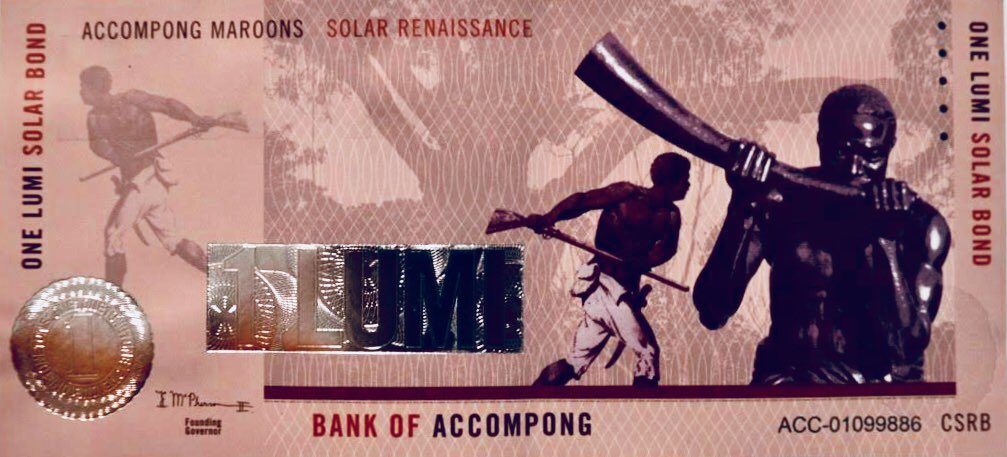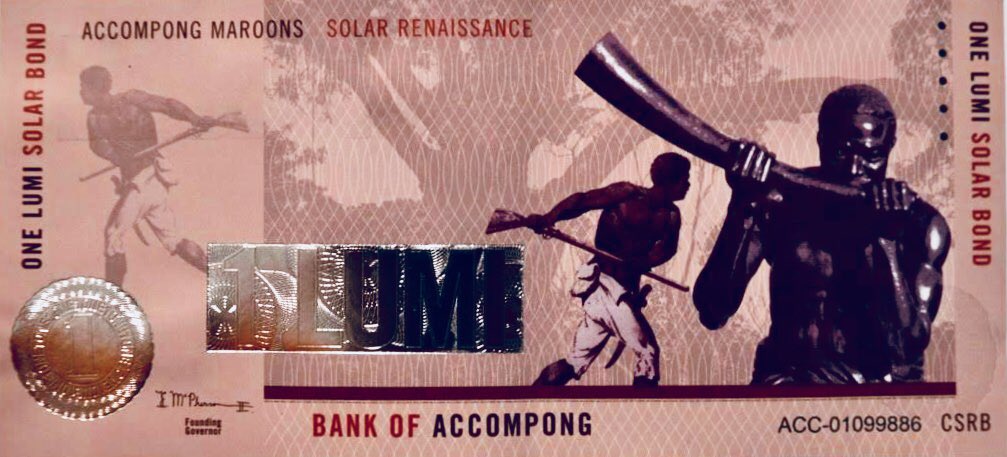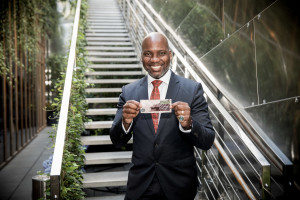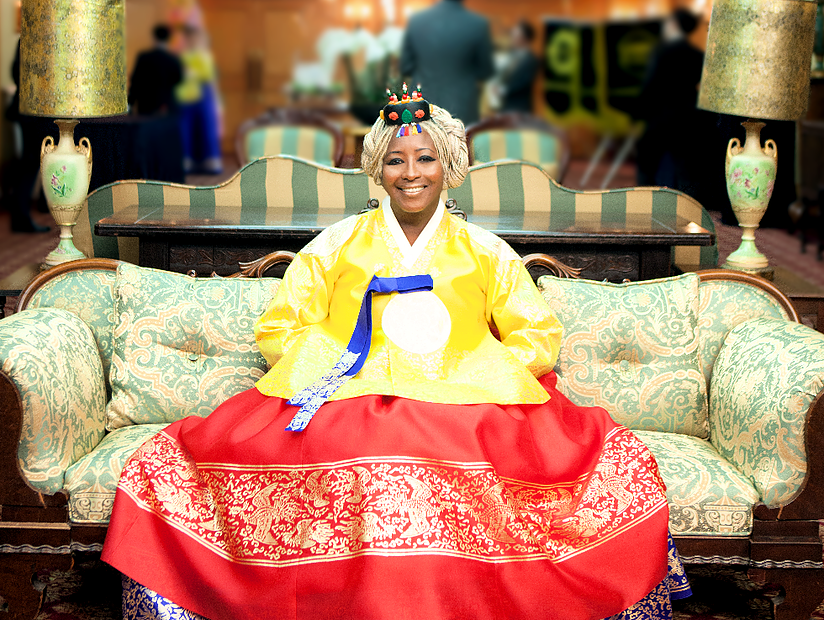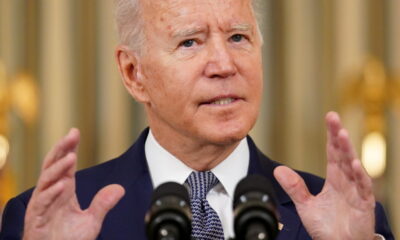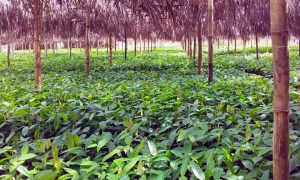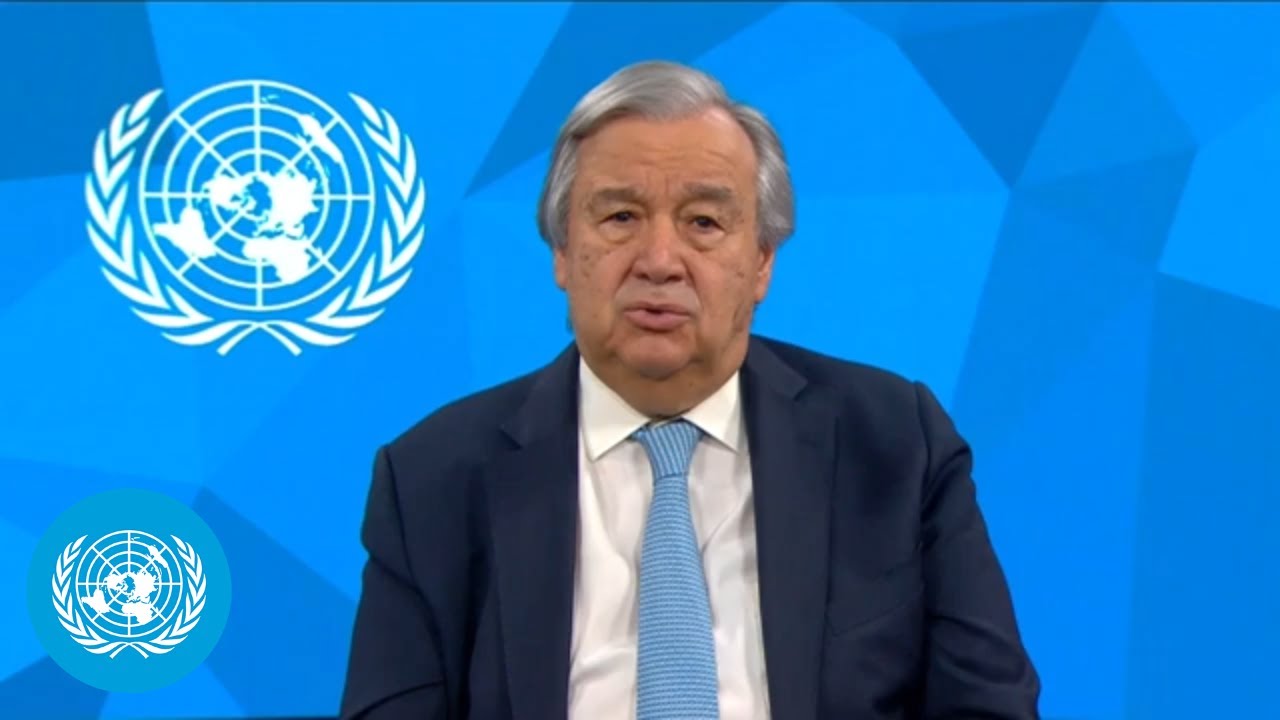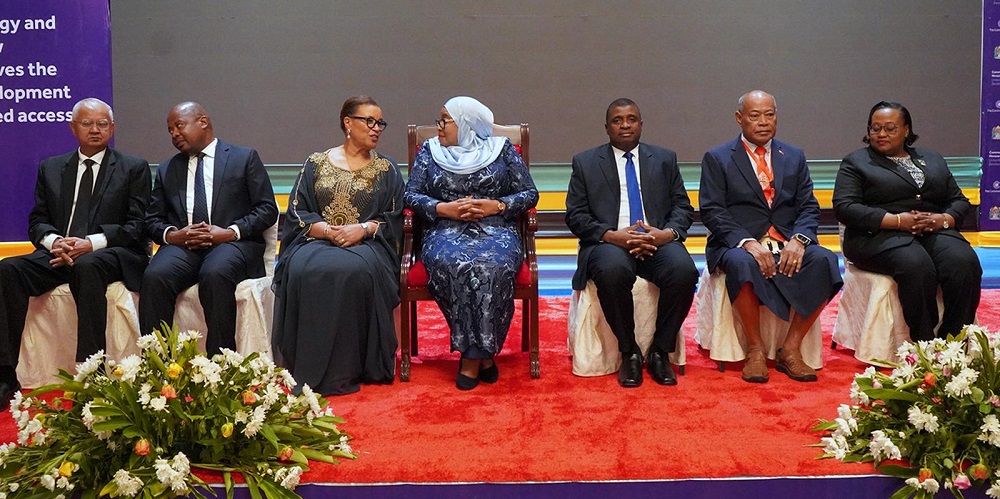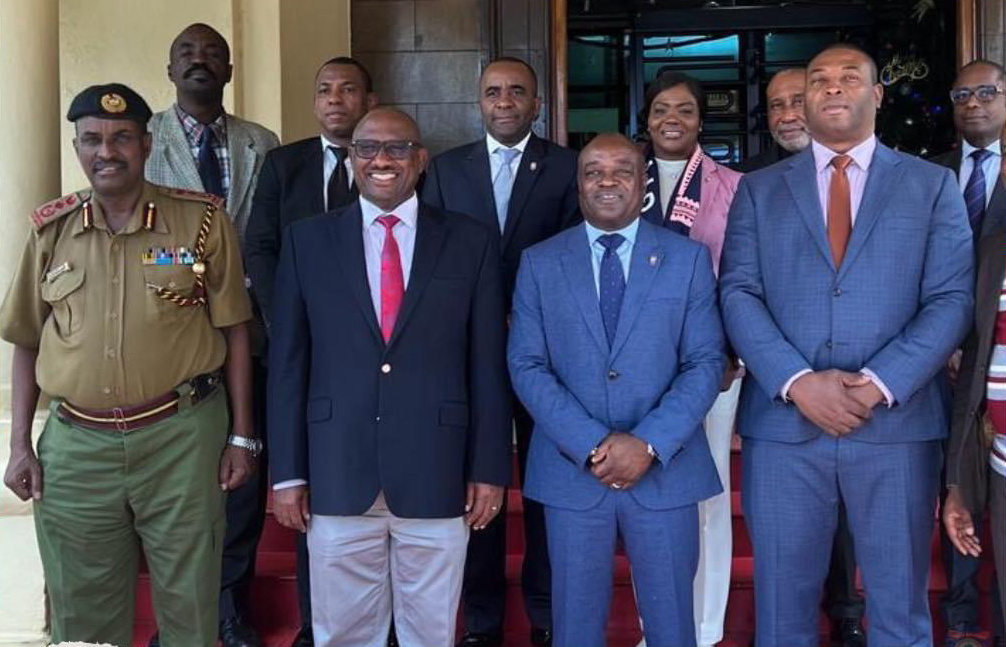March 9, 2024 – In her remarks to the opening ceremony on 4 March 2024, the Commonwealth Secretary-General, the Rt Hon Patricia Scotland KC, told more than 400 ministers, senior government officials, and other dignitaries from across the world’s six regions:
“It is our responsibility to drive forward the paradigm shift agreed at our last meeting in Mauritius to deliver on the Commonwealth Access to Justice Declaration and ensure that people of the Commonwealth know they have access to justice because they can taste it, see it and feel it.”
In light of escalating crises around the world, she commended the work of Commonwealth law ministers while calling for even greater emphasis to be placed on justice as an “essential strength” in overcoming the current challenges.
calling for even greater emphasis to be placed on justice as an “essential strength” in overcoming the current challenges.
The Secretary-General urged ministers ahead of their deliberations to dig deeper with rigour and courage to ensure that the commitments are not just words on paper but the lived experience of all.
A timely opportunity
The meeting was inaugurated by H.E. Samia Suluhu Hassan, President of the United Republic of Tanzania, who underscored the crucial role of law in addressing unprecedented global challenges and described the meeting as a timely opportunity to cooperate on strengthening legal systems.
She said:
“This forum will open doors for further collaboration, innovation, and collective action as we strive to meet the evolving needs of our societies.
“Together, we can build a better future where justice prevails, and the rights of every individual are protected to sustain sustainable development across Commonwealth nations.”
Reflecting on the meeting’s theme, ‘How digitalisation paves the way for the development of people-centred access to justice’, the President highlighted her government’s use of technology to enhance legal services, including through the rollout of time-saving e-courts.
She also spoke about the ‘Mama Samia Legal Aid Campaign’, which offers legal aid and information to citizens on various issues, including gender-based violence and dispute resolution.
Hosted by the United Republic of Tanzania, the biennial meeting is the principal decision-making body for law ministers from the 56 Commonwealth countries.
Over the next four days, ministers will deliberate on the policy and strategic actions required to address access to justice challenges, especially for women, people with disabilities and those living in poverty.
Ministers will also exchange innovative practices on evidence-based policymaking and the effective use of digital resources to bridge gaps and enhance the delivery of justice services.
Justice gap
More than 5.1 billion people – two-thirds of the world’s population – lack meaningful access to justice. Lost income and stress-related illness due to seeking legal redress can cost countries up to 3 per cent of their gross domestic product every year.
Hon Ambassador Dr Pindi H. Chana, the meeting’s Chair and the United Republic of Tanzania’s Minister of Constitutional and Legal Affairs, said the gathering would facilitate a meaningful dialogue to overcome legal hurdles facing countries.
She added:
“From promoting access to justice to strengthening legal frameworks, our discussions over the coming days will contribute to shaping the future of law and governance within the Commonwealth countries.
“Together, we can build a Commonwealth where justice and equality reign supreme.”
A moment of silence was observed during the ceremony to honour the late President of the United Republic of Tanzania, Ali Hassan Mwinyi, who passed away on 29 February 2024.
Alongside the meeting, a series of side events are being organised to ensure diverse perspectives, from disability inclusion to digital trade law, contribute to ministerial discussions.
A statement summarising the meeting outcomes will be issued on 8 March 2024, which will support countries in realising the mandates set out in the Commonwealth Access to Justice Declaration – a commitment by all 56 member countries to ensure universal access to justice.

 News1 week ago
News1 week ago
 Health1 week ago
Health1 week ago
 TCI News4 days ago
TCI News4 days ago
 Caribbean News6 days ago
Caribbean News6 days ago
 Education6 days ago
Education6 days ago
 Caribbean News1 week ago
Caribbean News1 week ago
 Caribbean News6 days ago
Caribbean News6 days ago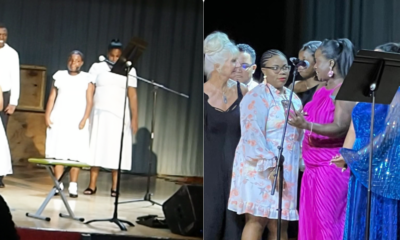
 News1 week ago
News1 week ago
